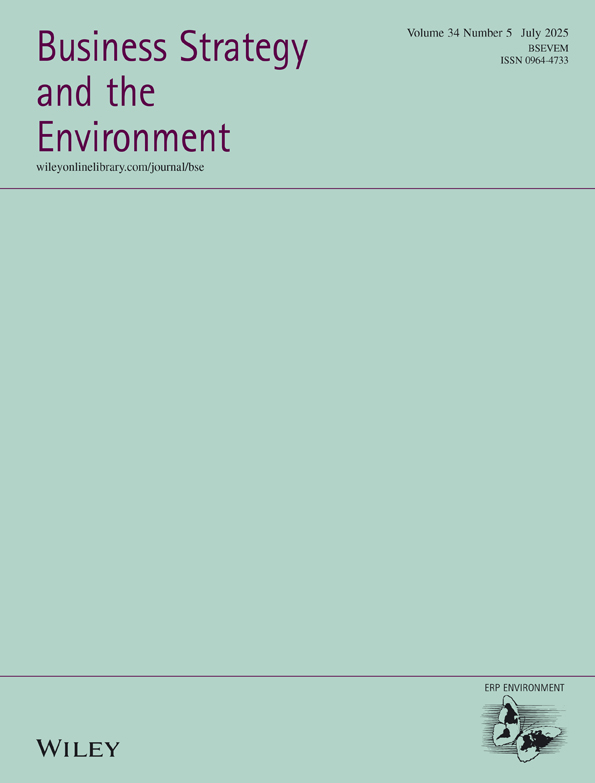How to define an environmental policy to improve corporate sustainability in developing countries
Abstract
Continual efforts to work with government and society are crucial to persuade businesses to become even better engaged in sustainability practices in developing countries. This study rebuilds the SCP (structure–conduct–performance) paradigm to incorporate environmental variables and to address the environmental strategy choices. Grounded theory was adopted in a systematic collection of data in petrochemical, textile and beverage companies established in different Brazilian states. In-depth personal interview, site visit and documentary evidence were coded and analysed. The empirical results demonstrate that environmental regulation and enforcement, environmental risk and demands from stakeholders play a central role in increasing the corporate commitment to the natural environment. The study defines four strategic generic types of organization, termed variously as sleeper, reactor, defender and innovator, owing to their solutions to environmental issues. This typology contributes as a roadmap for business decision makers to choose the appropriate environmental strategy in a global economy. Copyright © 2008 John Wiley & Sons, Ltd and ERP Environment.




